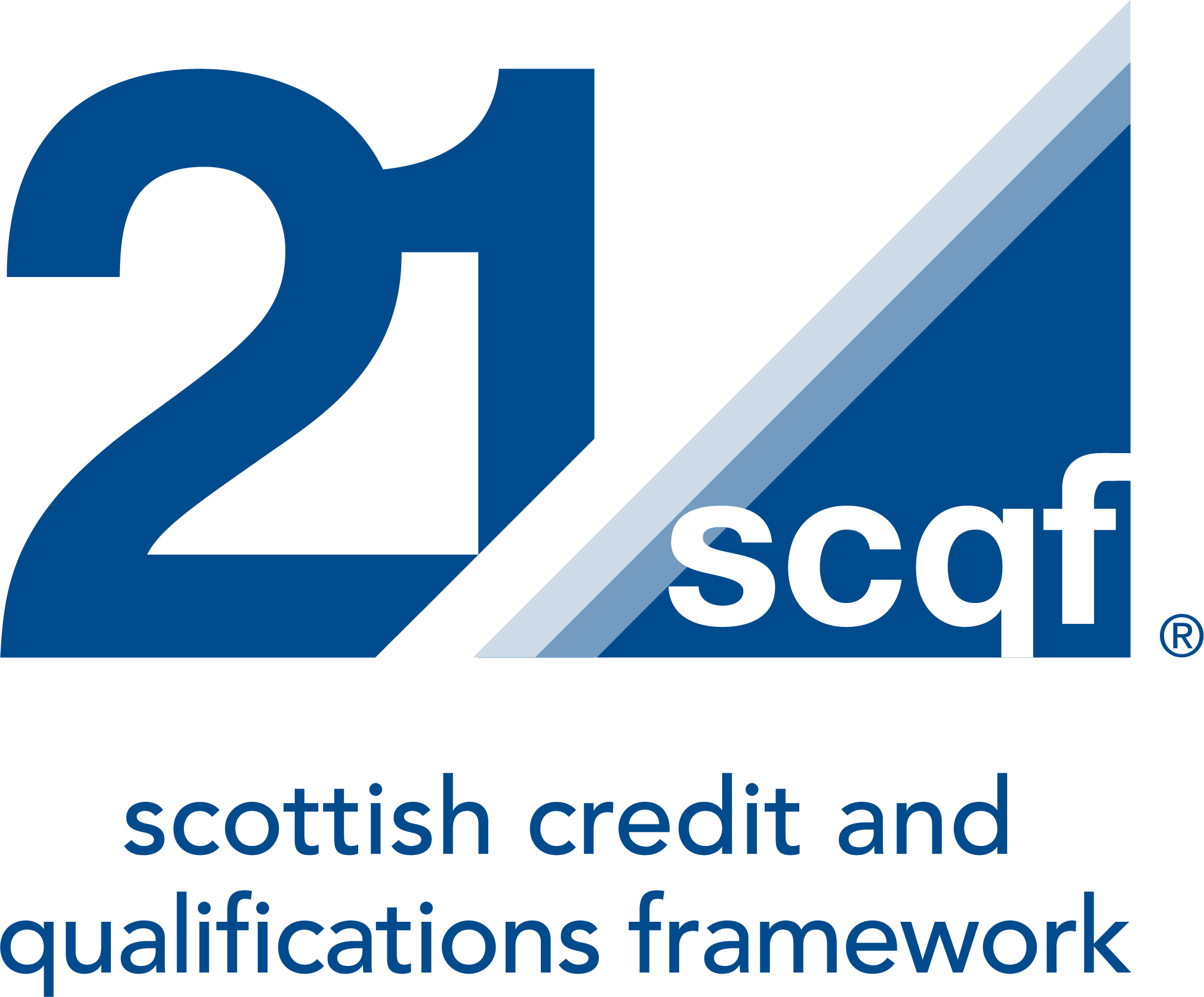Do you need Highers to be a high flyer?
It’s an interesting question and one to which you would receive many different responses depending on who you speak to.
As a nation, Scotland has long been obsessed with Highers and they are seen as one of the ‘Gold Star Standards’ of Scottish education.
Not surprising really as the Higher was first awarded in 1888 which must be one of the oldest qualifications in the world.
So what? I hear you ask. Well apart from being a good Scottish pub quiz question (no one ever knows the answer when we ask), it also means that multiple generations have undertaken Highers and so parents are keen to see their children achieve this standard just as their parents were keen to see them achieve. And so it goes on.
In the past, schools have been judged by the number of Highers at grades A-C gained by young people and the media still judges Scottish education by a narrow range of specific qualifications, so it’s not surprising that we’re a nation obsessed.
But what about those young people for whom mainstream formal qualifications just don’t suit? We don’t all learn the same way so why should we be assessed in the same way?
Many schools across Scotland have stopped talking in terms of specific qualifications and now measure attainment in terms of SCQF levels.
The Scottish Credit and Qualifications Framework or SCQF, is Scotland’s lifelong learning framework and one of its most important functions is to give parity or equality to qualifications and learning pathways.
For instance, a young person may have undertaken a National 5 qualification in Business Management but may not be capable of achieving a Higher at SCQF level 6 in the same subject.
So increasingly, schools are looking at what qualifications are available at the same SCQF level but which have different assessment methods. This means the young person can still progress in their learning journey but just take a slightly different route in order to attain their goal.
Unfortunately, we are still not valuing nor understanding the full range of pathways as the media’s league tables demonstrate.
However, we’re going through some interesting times in Scottish education with a major review of structure and qualifications.
Covid raised a number of issues around how young people are assessed and the OECD report published last summer which analysed the implementation of Curriculum for Excellence highlighted that whilst CfE remained an inspiring example of learning internationally it lacked coherence and long term planning.
The report made a number of recommendations around ensuring seamless learner journeys as well as establishing a new standalone curriculum and assessment body.
Following this, the Stobart report examined student assessment in the Senior Phase, recommending a number of possible options including the development of a Senior Phase qualification system based on a combination of teacher assessment and exams, the simplification and “de-cluttering” of the system, the increased use of different types of assessment and enhancing the role of vocational qualifications.
Both these studies led to a major consultation across all sectors culminating in the Muir Report led by Professor Ken Muir which outlines a future vision for Scottish education.
Throughout these consultations the SCQF was highlighted as the tool that values a broader range of pathways and awards, allows different approaches to assessment, promotes parity of qualifications and increases understanding of that parity amongst teachers, parents, employers and learners themselves.
Educationalists and partners alike placed great importance on what the Framework brings to education and this was supported by Scottish Government in their response to Muir’s report.
As work progresses in the reform of Scottish education and qualifications the enhanced central role the SCQF will play will be instrumental in allowing more clarity and flexibility within the curriculum to ensure that the journey of every learner in Scotland is seamless, fully recognised and valued.
Julie Cavanagh is head of Partnerships and Communication at the SCQF Partnership
This article was sponsored by the SCQF Partnership

Holyrood Newsletters
Holyrood provides comprehensive coverage of Scottish politics, offering award-winning reporting and analysis: Subscribe